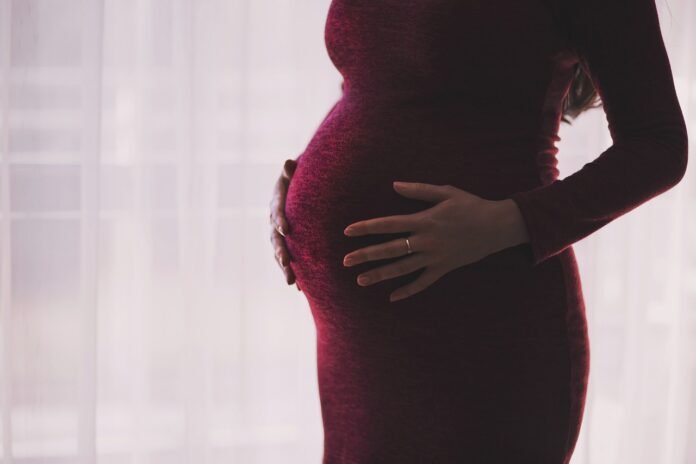In a significant case that has captured national attention, the Supreme Court of India is currently deliberating on a married woman’s plea to terminate her 26-week pregnancy. The woman, already a mother of two, has cited her ongoing battle with post-partum depression and financial constraints as primary reasons for seeking termination.
Chief Justice DY Chandrachud, heading the three-judge bench, made strong observations during the hearing. He questioned the timing of the plea, asking why the woman had waited for 26 weeks before seeking permission. The Chief Justice further remarked on the delicate balance between a woman’s autonomy and the rights of an unborn child, stating, “Consistent as we are about the need for her autonomy, we cannot be oblivious of the rights of the unborn child.”
The case has seen multiple twists. Initially, on October 9, a two-judge bench granted the woman permission to proceed with the termination. However, following a medical report from AIIMS Delhi suggesting the fetus had a high chance of survival, the Union Government sought a recall of the order. This led to a split verdict from the two-judge bench, prompting the matter to be taken up by the Chief Justice-led bench.
During the hearing, the Supreme Court emphasized the rights of the unborn child. The Chief Justice pointed out that the child wasn’t represented in the matter and stressed the need to consider its rights. He also highlighted the potential risks associated with premature delivery, noting that it could lead to deformities in the fetus.
Additional Solicitor General Aishwarya Bhati, representing the Centre, cited the AIIMS doctors’ report, which described the situation as “delicate and sensitive.” She argued against the abortion, stating that the fetus showed signs of life and emphasized that the court’s order to abort should be recalled.
The case has brought to the forefront the complexities surrounding abortion laws in India. While abortion up to 24 weeks is permitted under specific circumstances, such as in cases of sexual assault survivors or minors, termination beyond this period requires the advice of a medical board.
The Supreme Court’s decision in this case will undoubtedly have far-reaching implications, not just for the petitioner but for the broader discourse on reproductive rights in India.


